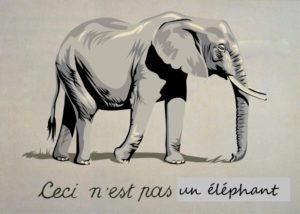
Protected: Are you my data? #4 | Naomi Goldenberg
There is no excerpt because this is a protected post.

There is no excerpt because this is a protected post.
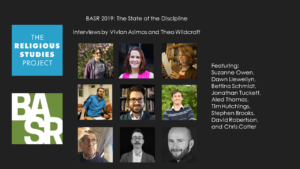
Vivian Asimos and Theodora Wildcroft took the opportunity to ask the delegates of BASR 2019 what inspired them about the conference theme, their opinion about major trends in the discipline, and how they were personally feeling about REF 2021.
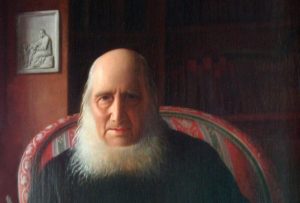
In this week’s podcast, Katrine Frøkjaer Baunvig discusses preliminary results from the research project “Waking the Dead”. This project aims to build an a.i. bot of Nikolaj Frederik Severin Grundtvig (1783-1872), a Danish “secular saint” considered to be the father of modern Denmark, who contributed immensely into generating a national consciousness through his writings, both in a political and religious way.
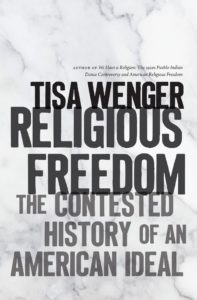
Tisa Wenger tells David Robertson how local, national, and international regimes of religious freedom have produced and reproduced the category ‘religion’ and its others in the modern world.
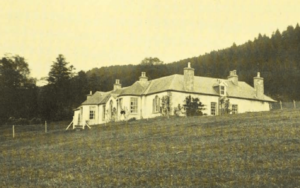
This month on Discourse! join David G. Robertson, Vivian Asimos and Aled Thomas at the BASR as they discuss the mythology of Zelda, austerity and evangelical Christians, and the potential arson of Crowley’s Loch Ness redoubt, Boleskine House. Links: Austerity and evangelical Christians: https://www.premierchristianity.com/Past-Issues/2018/June-2018/Faith-in-action-How-Christians-are-plugging-the-gap-left-by-austerity Mythology of Zelda https://youtu.be/3fr1Z07AV00 Potential arson at Boleskine House https://wildhunt.org/2019/08/update-on-boleskine-house-arson.html
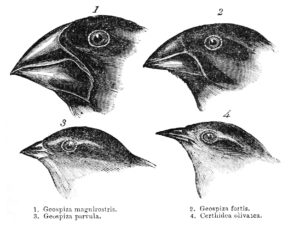
In this week’s podcast, professor Armin Geertz outlines an answer elaborating on the arguments presented in his co-authored book The Emergence and Evolution of Religion by Means of Natural Selection. He argues that there are multilevel selection processes that happen within different sociocultural formations, and these are key to understanding how religion has evolved throughout history.

There is no excerpt because this is a protected post.
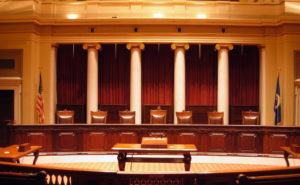
Asma Uddin is the author of When Islam Is Not a Religion: Inside America’s Fight for Religious Freedom. In this book, Uddin examines an alarming trend to redefine Islam as a political ideology, not a religion. In our conversation, we track the history of this movement to redefine Islam and its implications for the rights of Muslims. We discuss the widespread presumption among American progressives that courts tend to protect religious freedom for Christians, but not for Muslims, and we examine particular stories that support and problematize that narrative. In particular, Uddin provides vivid examples of how American courts have reacted to arguments that Islam is not a religion.

This month on Discourse, Breann Fallon, Carole Cusack and Ray Radford approach the Australian news from a Religious Studies perspective. We cover the appeal of Cardinal George Pell, the drama around Israel Folau, and the impact of Christianity on the recent Australian federal election results.
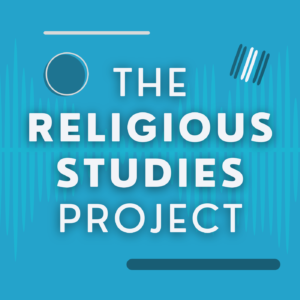
Breann Fallon, Carole Cusack and Ray Radford approach the Australian news from a Religious Studies perspective. We cover the appeal of Cardinal George Pell, the drama around Israel Folau, and the impact of Christianity on the recent Australian federal election results.
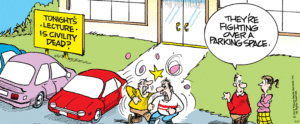
Listeners to the Religious Studies Project, particularly in a European context, might be quite familiar with the sight of a former church building that has now turned derelict, or is being used for a purposes that perhaps it wasn’t intended for, or is being rejuvenated by another ‘religious’ community, another Christian community, or put to some other use. Chris is joined today by Daan Beekers to discuss spatial contestations and conversions, particularly looking at (former) church buildings in the Dutch context.

In this week’s podcasts, Dr. Paola Corrente gives us insights in how the use of the philological approach can be beneficial for, not only providing a common and solid framework for comparative research but also, for providing more suitable ways of classification according to linguistic criteria. Her work on the “dying gods” –i.e. gods that die but come back to life– of Ancient Greece and Mesopotamia, which draws on the concept formulated by James George Frazer, provides a case for this exercise.

Science fiction and video games are more visible than ever as their popularity reaches record numbers. From classic arcade games to modern open-world sandbox simulators that require hundreds of hours to complete fully, science fiction is one of the most common gaming genres. This podcast explores the ways religion and science fiction appear together in these cultural products, asks how gamers see the value of this play, and how we seek belief in things that are ‘out of this world’ as a means to escape the present by sharing our hopes about the future.

There is no excerpt because this is a protected post.

Anna Salonen explains how ethics is being involved in her studies of food waste and consumption by both religious and non-religious populations that live in affluent societies, such as Finland and Canada.
This work is licensed under a Creative Commons Attribution- NonCommercial- NoDerivs 3.0 Unported License.
The views expressed in podcasts, features and responses are the views of the individual contributors, and do not necessarily reflect the views of The Religious Studies Project or our sponsors. The Religious Studies Project is produced by the Religious Studies Project Association (SCIO), a Scottish Charitable Incorporated Organisation (charity number SC047750).